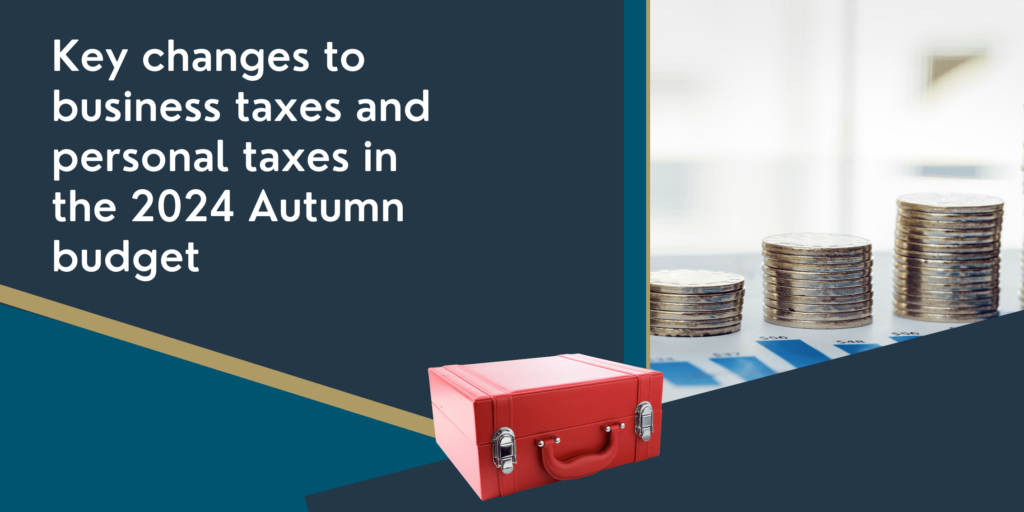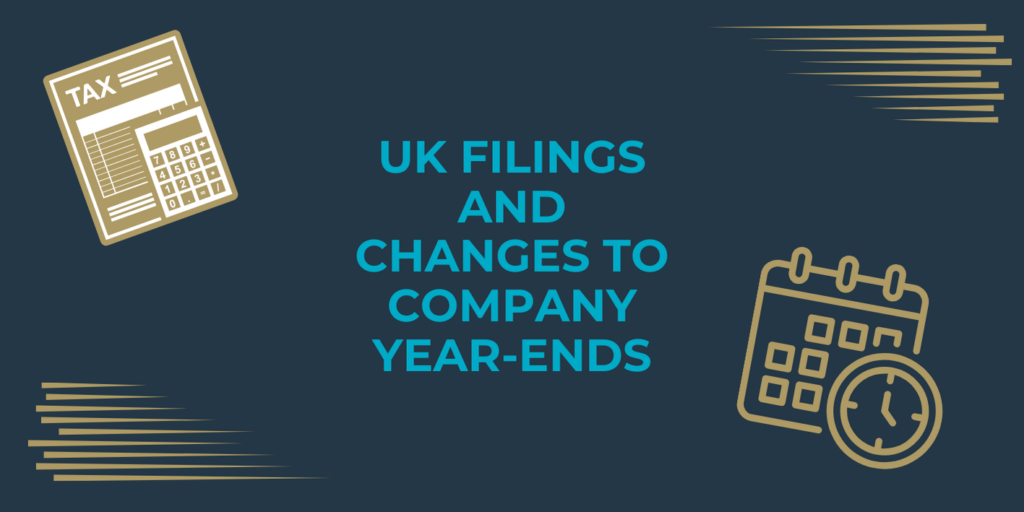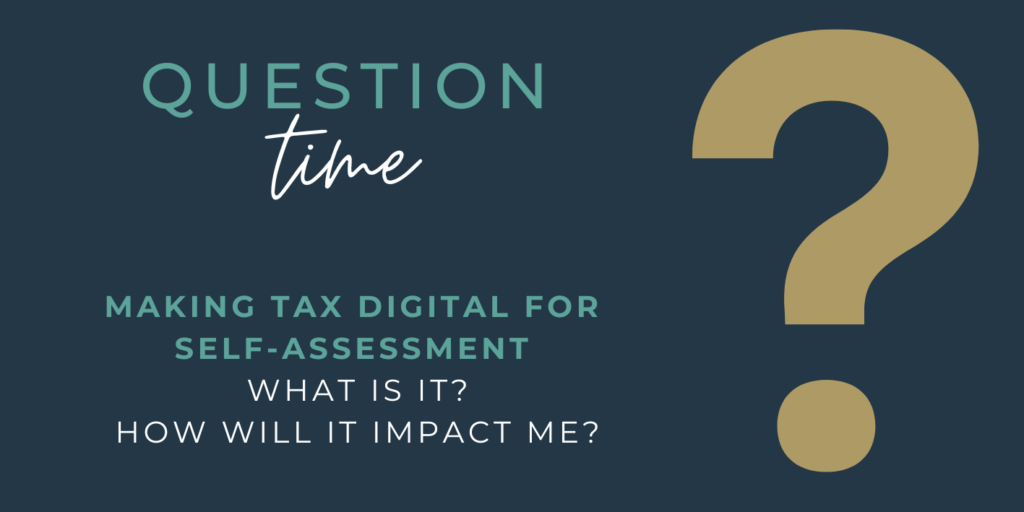Changes to CJRS and Self Employed Income Support Scheme
The chancellor Rishi Sunak confirmed some changes to both the Coronavirus Job Retention Scheme (CJRS) (also referred to as the Furlough Scheme) and the Self Employed Income Support Scheme.
Coronavirus Job Retention Scheme/Furlough Scheme
As expected, it was confirmed that the scheme ‘cannot continue indefinitely’ and employers will be required to start contributing to the cost from 1 August. To ease the burden on employers, there will be a staggered withdrawal:
- 1 August – employers will continue to receive a grant of 80% (subject to the previous maximum limits). However, they will be expected to cover pension and National Insurance costs from this date.
- 1 September – the grant received by employers will be reduced from 80% down to 70%, subject to a new maximum limit of £2,190.
- 1 October – the grant received by employers will be reduced further down to 60%, subject to a new maximum limit of £1,875.
The scheme will close from the end of October.
Throughout the full period to the end of October, employees will remain entitled to at least 80% of their usual wage (subject to the maximum limits).
It was previously announced that the scheme would be more flexible from 1 August to enable employees to return to work part-time. This change will now be implemented a month earlier from 1 July. From this date, employees can work on a part time basis and will be paid in full by an employer for the days worked, with the remaining days still covered by the furlough scheme.
In order to make this change, employers will be unable to furlough any further employees from 10 June.
Self Employed Income Support Scheme
It was also confirmed that the Self Employed Income Support Scheme would be extended for a further three months. In August, qualifying individuals will be able to make a claim for a further grant covering the three months from 1 June to 31 August.
As was previously the case, the grant will be paid in a single lump sum based on previous average profits but at a rate of 70% (subject to a maximum total grant of £6,570).
Detailed guidance will no doubt follow in due course.







